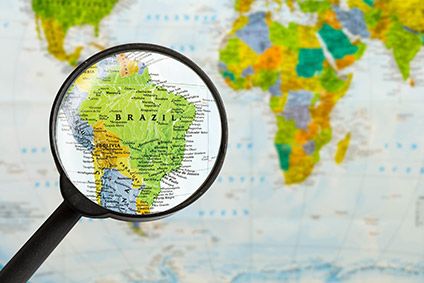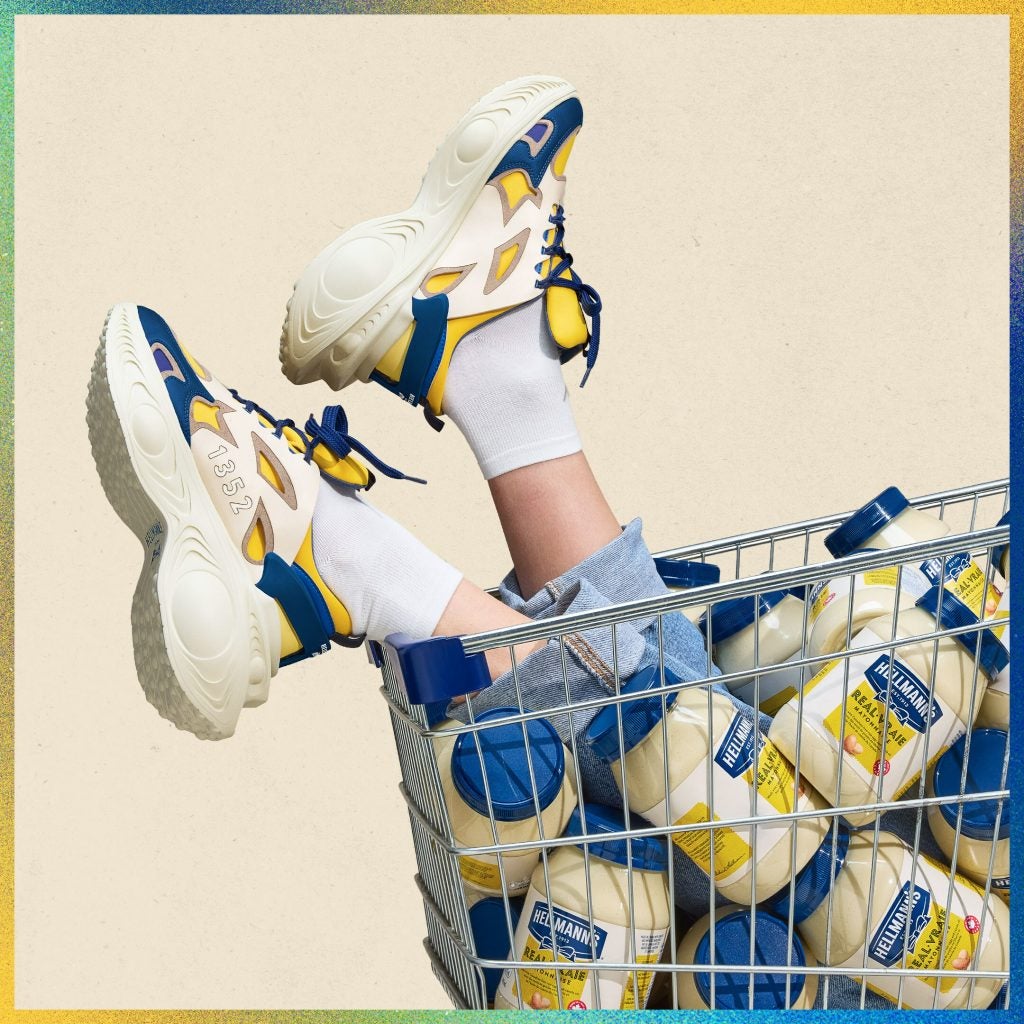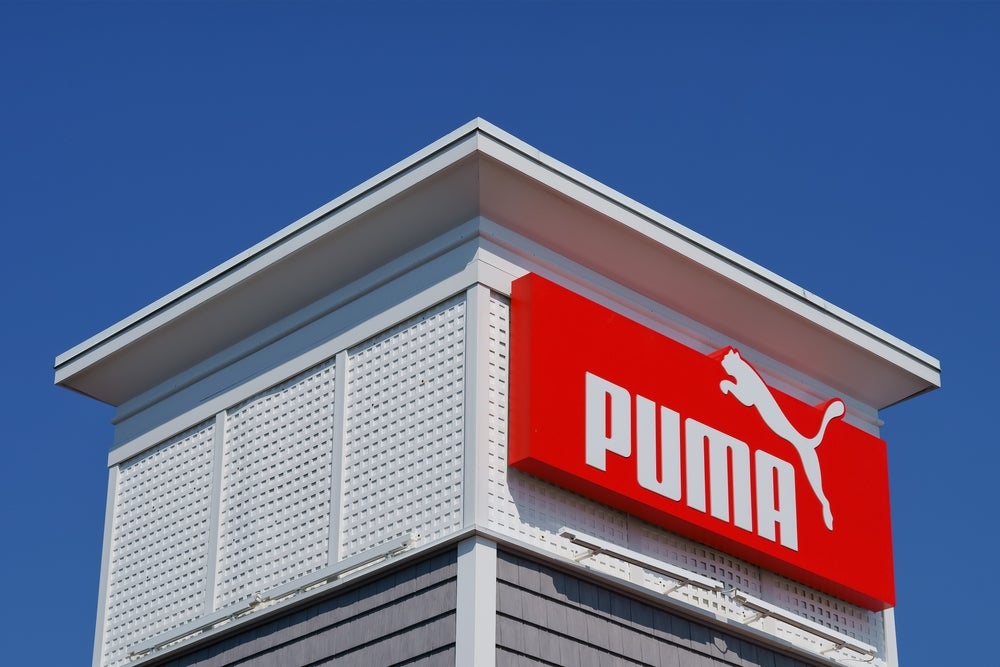
Reinforcing its relevance as one of the major players in the industry, Brazil has become the first country to have a national edition of the Fashion Transparency Index published.
The Fashion Transparency Index is an assessment conducted by Fashion Revolution CIC and shows to what extent major fashion brands and retailers disclose vital supply chain information for greater accountability. Launched globally in 2016, the Index reviews and ranks brands and retailers according to how much information they share publicly about their social and environmental policies, practices and impacts across the value chain.
The third edition was published in April 2018 and expanded to review 150 major global brands and retailers, which achieved an average overall score of 21% (52 of 250 possible points).
The latest report to be published as part of the project – Fashion Transparency Index Brazil – saw 20 major Brazilian fashion brands and retailers surveyed as part of the publication which was jointly commissioned by the Brazilian and global Fashion Revolution team.
In the Brazilian Index, the average overall score was 17%, or 41 out of 250 possible points.
See Also:
The research was carried out by Fashion Revolution Brazil in partnership with the Centre for Sustainability Studies at Getulio Vargas Foundation (FGVces) and was based on information publicly disclosed by brands and retailers via corporate social responsibility websites, sustainability and annual reports. Each brand was also sent a questionnaire of almost 200 questions to engage them in the process.
How well do you really know your competitors?
Access the most comprehensive Company Profiles on the market, powered by GlobalData. Save hours of research. Gain competitive edge.

Thank you!
Your download email will arrive shortly
Not ready to buy yet? Download a free sample
We are confident about the unique quality of our Company Profiles. However, we want you to make the most beneficial decision for your business, so we offer a free sample that you can download by submitting the below form
By GlobalDataThe team reviewed the selected brands transparency disclosures and benchmarked their performance on five key issues: policy and commitments, governance, traceability, know show and fix, and spotlight issues. The brands included in the Fashion Transparency Index report are: Animale, Brooksfield, C&A, Cia. Marítima, Ellus, Farm, Havaianas, Hering, John John, Le Lis Blanc Deux, Malwee, Marisa, Melissa, Moleca, Olympikus, Osklen, Pernambucanas, Renner, Riachuelo and Zara.
Brazil is one of the major textile industries worldwide and stands out as the fourth largest apparel production complex, employing 1.48m direct employees, out of which 75% are women. Brazil is also the largest complete textile chain in the West, spanning from production of fibres, such as cotton, to spinning, weaving, finishing, manufacturing processes and retail, to the catwalks.
Commenting on the research findings, Eloisa Artuso, project manager and director of education at Fashion Revolution Brazil explains that there is still a long way to go before the industry can claim to be transparent.
“Information about supply chains is often hidden on websites, or hosted on external websites that are difficult to find, in annual reports of more than 300 pages or simply not available. How can we make better decisions about what we buy, when information is either totally absent or presented in such varied and long-winded ways?”
Quick Findings
Of the 20 major Brazilian fashion brands and retailers surveyed, eight lacked transparency, scoring 0% overall. This does not necessarily mean that they do not have good practices and initiatives, but that at the time of the research they did not disclose any information about their social and environmental policies, practices or impacts.
Four brands that were featured in the 2017 Global Fashion Transparency Index – C&A, Casas Pernambucanas, Renner and Zara – showed an average year-on-year improvement of 38% in their levels of transparency.
Some of the conclusions drawn by the annual Global Fashion Transparency Index reports were also reflected in the Brazilian analysis. Brands and retailers give a lot more time and space to explain their values and beliefs rather than their actual practices and real-life impacts. For example, 12 brands and retailers scored higher for human rights, anti-discrimination, and forced or child labour policies, whereas only seven scored in the area of traceability.
On environmental policies and practices, only two brands report on policies on carbon emissions and energy reduction, three disclose policies on biodiversity, six publish policies on water effluent treatment, and six disclose policies on waste management and recycling.
The intention is for the Index to be widely downloaded and become a useful tool for all, closely monitoring current levels of transparency and how brands disclose more information over time.
“We want to emphasise that the reader should use the findings of the Index to reflect on general trends of transparency and disclosure patterns, rather than focusing on which brand scored highest,” concludes Eloisa.
Aron Belinky, leader of FGVces research team who worked on the project, highlighted the report’s potential as a catalyst for change.
“We hope that the first edition of FTI Brazil will encourage Brazilian companies to communicate how they manage their business and the impacts of its operations, and also to open a dialogue with its stakeholders. Such initiatives serve as a model and inspiration for other sectors of the Brazilian economy, with challenges that reflect those faced by the global fashion industry.”
The Fashion Transparency Index Brazil had institutional support from the Brazilian Textile Retail Association (Abvtex) and is funded by C&A Foundation. The project is open for future co-financing, provided that measures necessary to ensure its autonomy and neutrality are observed.
The report will be launched at an event in São Paulo featuring Carry Somers, co-founder of the Fashion Revolution movement, who will be in Brazil to talk to the media about the project.







